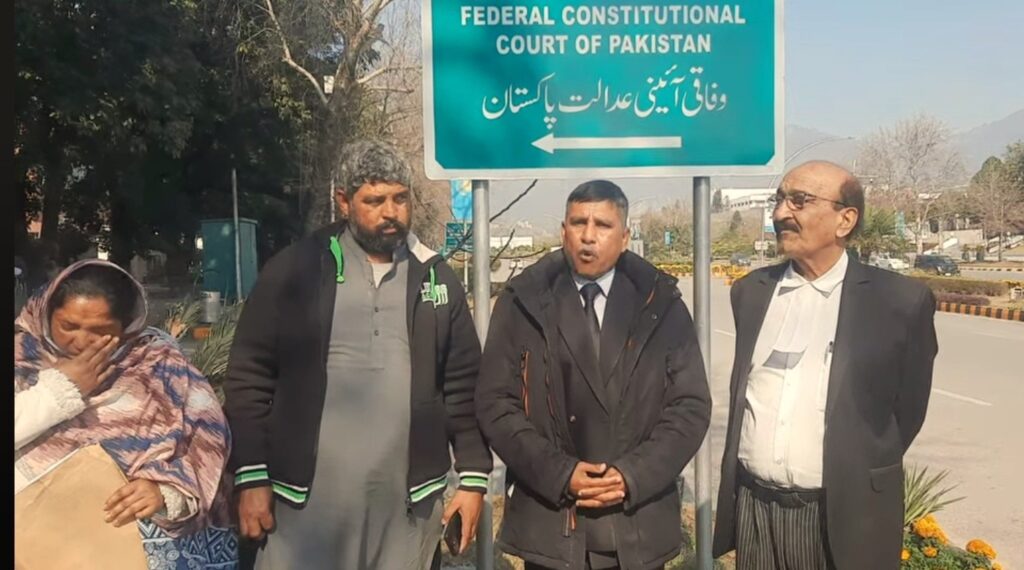The recent story of Southern Baptist international missionaries being required to affirm the 2000 Baptist Faith and Message (BF&M) statement of faith or lose their jobs produced a flurry of letters from Alabama Baptists to their state Baptist paper.
About two-thirds of the writers supported the 77 career missionaries who were either terminated, resigned or retired for refusing to sign the statement. About one-third of the writers supported International Mission Board (IMB) president Jerry Rankin in his efforts to secure affirmation of the BF&M by all IMB missionaries.
The 77 missionaries represented about two percent of the 3,411 career missionaries under appointment. Still, Carl Hess of Ozark said, “If only one person out of a thousand stands up for his or her faith would God consider that a small percentage? I think not. I have been flying military aircraft for more than 30 years (including two years in combat) and this little handful of missionaries have shown more courage than I likely would have been able to muster in their circumstances,” Hess wrote in a letter to The Alabama Baptist.
Other readers disagreed, saying the missionaries who refused to affirm the BF&M were resisting efforts to be accountable to Southern Baptists. One letter writer said the 77 missionaries proved the need for Rankin’s effort. Another compared IMB’s efforts to “the Taliban.”
Letter writers also commented on the May 29 editorial by Bob Terry reviewing points of tension in the 16-month episode. One reader questioned Terry in his statement that churches and individuals have been hurt by the action of the IMB. Robert E. Gunter of Huntsville wrote, “I have not heard or read of any church, group or individual who supports the Southern Baptist Convention having been hurt or offended by the adoption of the BF&M of 2000 or the recent episode.”
Richard W. Stephens of Plantersville disagreed however. “I have been a faithful Baptist all of my life, and I am completely saddened and shocked by the approach that the leaders of the IMB are forcing on loyal and dedicated missionaries,” Stephens said. “Can we not allow differences anymore in our faith? Our faith was built on independence and local authority.”
Charles E. Graham of Fairhope said, “One of the enduring strengths around Southern Baptists … has been that of unity and diversity. Ideally democracy under the lordship of Christ … has characterized Baptist church life.”
Seeking God’s ‘truth’
Agreeing that there are various interpretations of “Truth,” Mollie M. Brown of Calera pointed out that “what really matters is God’s interpretation.” Several writers sought God’s interpretation as they formed their opinions.
John L. Bledsoe of Valley noted concern for a “man-made” document. “My remembrance of the Baptist doctrine is that we have no creed except the Bible,” Bledsoe said. “My belief is that any man- made doctrine is a tradition, and Jesus Christ condemned tradition (Matt. 15:3–9).”
R.H. Gholson of Remlap said requiring missionaries to affirm the BF&M “violates the freedom of conscience emphasis that has been a cornerstone and hallmark of Baptists for generations. It transforms the BF&M into a creed with a capital C.
“Throughout nearly five centuries of Baptist history, Baptists have insisted repeatedly that [we] are not a creedal religion and that the several confessions and statements of belief that have been promulgated over the years are just that — statements summarizing widely held beliefs, not creeds requiring formal acceptance,” Golson said. “As a statement of commonly held beliefs [the BF&M] is perfectly fine and useful,” but requiring affirmation of it “is an outrage.”
Darrell Cook of Birmingham disagreed. “I know of no organization, including nonprofits, that does not require accountability,” he said.
“Surely [The Alabama Baptist] holds its staff accountable to someone and ultimately to its board. Is not that board then accountable to the Alabama Baptist State Convention?” he asked. “Scripture has many examples of what happened when ‘every man did what was right in his own eyes.’”
Cook also noted that Southern Baptists continue to support the IMB’s efforts as indicated by recent reports of “record levels of giving.”
Elaine Herrin Onley of Dothan served as a Southern Baptist missionary from 1969 to 1983. “Were I still in missions service today, I would have to be one of the persons terminated, because I would not sign,” Onley said. “In my years of Christian experience and in the Baptist faith, my pastors and leaders instilled in me that one of the hallmarks of our denomination is that we are not a creedal people,” she noted.
Onley described missionaries who affirmed and those who did not as winners, because they stood by their convictions. But Baptists in the pews lost, she said. “Southern Baptists at home and abroad are the real losers.”
Editor’s Note: The letter on page two of this issue and this story accurately reflect the positions presented in letters received by The Alabama Baptist about efforts of the IMB to have all missionaries affirm the 2000 BF&M. We believe the subject has been responsibly covered during the past 16 months. Therefore, we will not be printing additional letters to the editor about this topic.





Share with others: